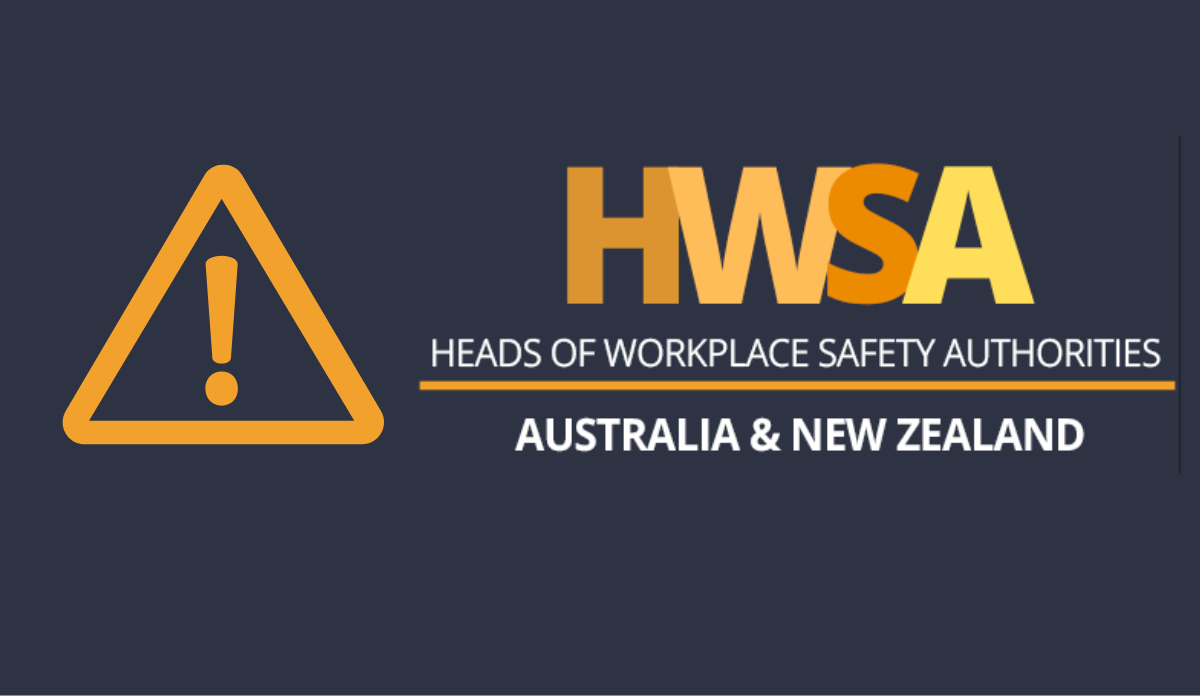The Australian Border Force monitors the Australian border to prevent the unlawful importation of asbestos. Goods entering Australia must not contain asbestos. Documentation may be needed to prove this.
Importing or exporting asbestos or goods containing asbestos is prohibited under Australian law, except in very limited circumstances where a lawful exception applies, or permission to import and/or export has been granted.
The Australian Border Force (ABF) is responsible for enforcing the import and export prohibitions for asbestos at the border. The ABF works closely with the Asbestos and Silica Safety and Eradication Agency, who are responsible for the import and export permissions.
Before the border
Importers and exporters are responsible for ensuring that their goods do not unlawfully contain asbestos before they are consigned to or from Australia. The ABF warns that goods certified as “asbestos free” by overseas testing laboratories or manufacturers may still contain low levels of asbestos which are not permitted in Australia.
Asbestos in imported motor vehicles and parts
Vehicle importers are responsible for ensuring vehicles and parts do not contain any asbestos before being shipped to Australia. For more information see the ABF fact sheet – Managing the risk of asbestos when importing a motor vehicle.
Asbestos in natural stone products
Asbestos may be present in some imported natural stone products such as stone slabs and tiles used for internal fittings, benchtops, wall and floor tiles. The importation and subsequent use (including installation) of any materials that contain asbestos, such as stone products containing asbestos, is prohibited. For more information see: Asbestos in natural stone products.
At the border
The ABF assesses goods for asbestos risk, taking into account:
- asbestos use in countries of origin
- at-risk foreign manufacturing industries and suppliers, and
- prior border detections of asbestos.
Importers must demonstrate that they have undertaken adequate risk assessment measures for their goods that are known to be at risk of containing asbestos, or that are supplied from countries with industries known to use asbestos as a raw material.
Goods imported from a country that still allows the use of asbestos which contain unidentified ‘mineral fibres’ as a raw material are a risk. The importer should identify all binders and fillers used in the manufacture of the product intended for import. A simple declaration from the supplier of no asbestos content, without evidence, is not enough.
Several types of documentation may be necessary to demonstrate asbestos is not present, including:
- declarations which state that the goods have nil asbestos content and are supported by adequate evidence
- accredited laboratory testing reports
- Material Safety Data Sheets written to Australian requirements.
If goods are suspected of containing asbestos at the border the ABF will direct that the goods are sampled by an independent competent person and tested by a NATA accredited laboratory, at the expense of the goods owner.
Goods found to be unlawfully containing asbestos at the border will be seized by the ABF as a prohibited import and forfeited for disposal. Penalties may apply.
Reporting on asbestos which has been detected at the border can be found on our “Asbestos detection at the border” page.
Post border
Offences related to the unlawful importation of asbestos (as a prohibited import) may result in the importer being subject to penalties and/or prosecution in line with Customs law, in addition to other offences enforced by state or territory authorities.
Unlawfully importing asbestos can result in significant fines for individuals and corporate bodies, and in some cases imprisonment for up to 5 years.

